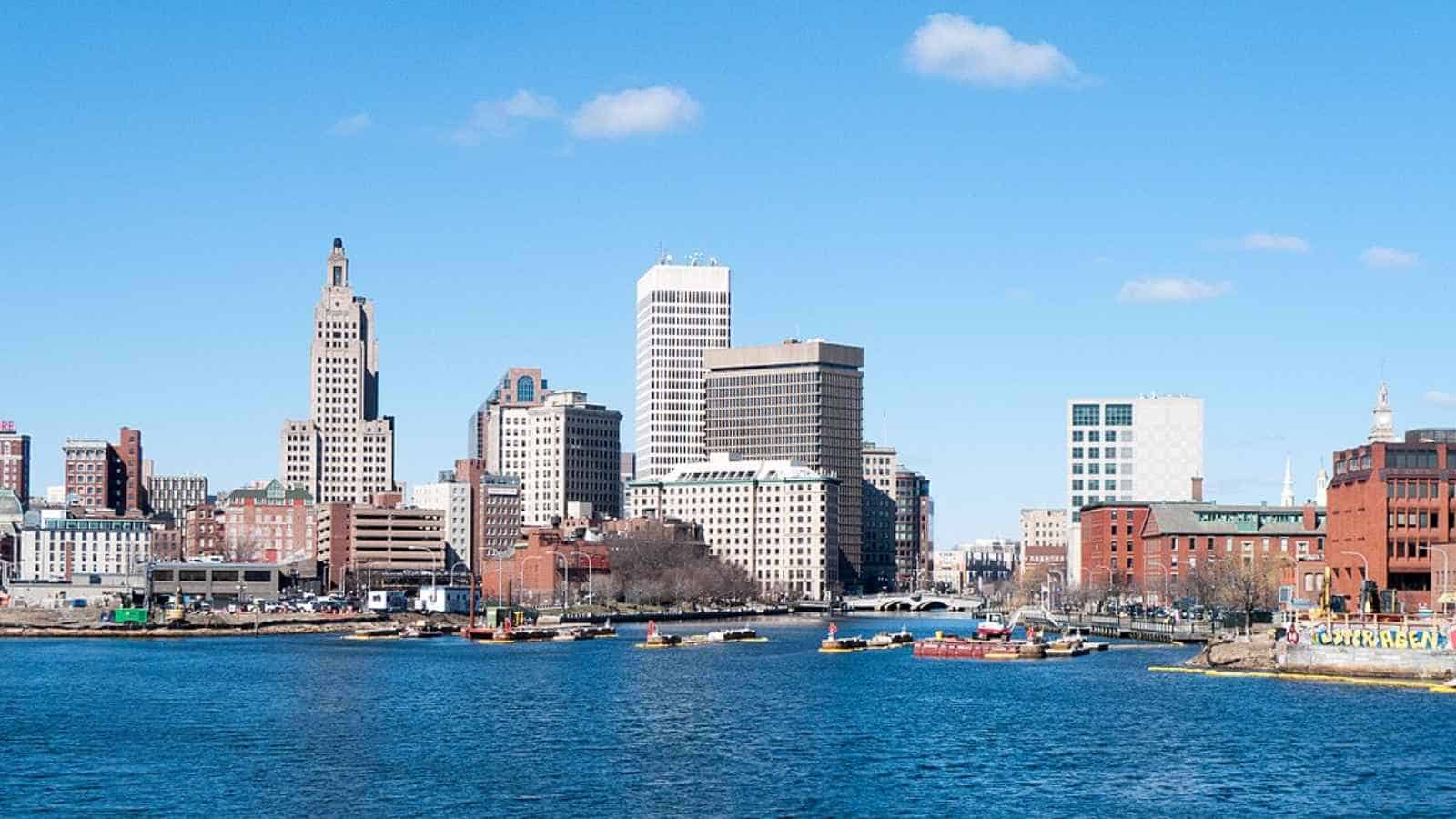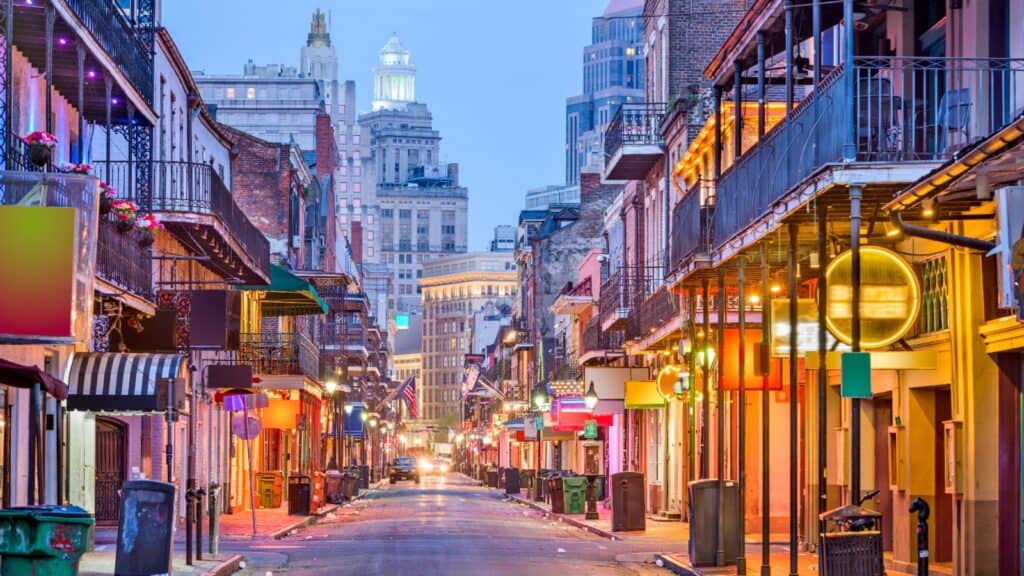13 States Seniors Say Are the Hardest to Live In
Sometimes the most challenging part of aging isn’t growing older; it’s realizing your home state is no longer a good fit for you.
Retirement is supposed to be the golden chapter, a time to trade in the alarm clock for leisurely mornings and the daily grind for new adventures. But for many older Americans, the financial realities and practical challenges of their chosen state can make those dreams feel like a distant memory. It is often a difficult adjustment when a fixed income meets rapidly increasing expenses. You’ve probably heard stories of folks packing up for sunnier, cheaper pastures, but sometimes that ideal destination can turn into a financial or logistical headache.
When considering where to settle down, many seniors weigh factors far beyond just good weather. Healthcare quality, tax burden on retirement income, and the general affordability of housing and daily expenses all play a huge part in the final decision. For those living on a tight budget, a state’s friendliness towards retirees can be the difference between comfort and constant worry. This list reflects the states that consistently rank low for senior well-being, often due to a perfect storm of high costs, poor healthcare access, or other quality-of-life concerns.
Connecticut

Connecticut offers picturesque New England charm, but its fiscal policies often feel like a cold shower for retirees. It’s one of the few states that imposes both an estate tax and a gift tax, and it also taxes many forms of retirement income, including pensions. The high cost of living is particularly pronounced in assisted living and nursing home facilities, which can quickly drain savings.
The state’s high property taxes compound the issue, making it challenging for those who wish to age in place in their family homes. When considering the combined sales and income tax burden, Connecticut is reported to have the fifth-highest tax burden of any state, making it a financial tightrope walk for many seniors. It truly makes you wonder if that New England quaintness is worth the cost.
California

The Golden State often feels like a paradise lost for retirees, with its stunning coastline coming with an astronomical price tag. While the weather is usually fantastic and the culture rich, the cost of just keeping the lights on can wipe out a sizable retirement fund. Housing costs here are famously prohibitive, pushing many seniors into precarious financial situations.
Even essentials like groceries and gas seem to have a premium added on, making daily living a struggle for those on a fixed income. California’s top income tax rate can reach 13.3%, making it one of the most burdensome tax environments in the nation, according to Kiplinger. Even if your nest egg is substantial, it seems the state always wants to dip its hand in the cookie jar.
New York

The bright lights of New York City and the beautiful upstate scenery can be enticing, yet the state carries a heavy financial anchor for its older residents. High income tax rates that apply to much of a retiree’s income, combined with staggering property taxes, create a painful double whammy. Living here means constantly battling against a massive cost of living that makes every dollar stretch thinner than a rubber band.
Many seniors find themselves house-rich but cash-poor, forced to choose between staying in the community they love or moving somewhere where their savings will actually last. New York’s overall tax burden for retirees is about 13.1%, illustrating just how much of a bite the state takes from those trying to enjoy their later years. It seems the price of “I Love New York” memorabilia is relatively high.
New Jersey

Known as the Garden State, New Jersey is unfortunately also one of the least tax-friendly states for those in their golden years. Property taxes are notoriously among the highest in the entire country, which can put immense pressure on homeowners. This means the seemingly endless cycle of bills doesn’t really stop once you punch out for the last time.
Beyond the tax troubles, the Garden State also presents high costs for daily necessities, and the winters can be brutal for older residents who crave milder climates. The state often has a poor reputation for traffic congestion and the overall cost of living, which can diminish quality of life despite a generally good healthcare system.
Rhode Island

This tiny state is beautiful, but it poses significant financial hurdles for seniors trying to make their money last. Rhode Island taxes retirement income, and the overall cost of living is significantly higher than the national average. The state’s property taxes are among the highest in the nation, which is a significant blow to fixed budgets.
The quality of healthcare, a top priority for aging residents, is often rated as only mediocre, meaning that seniors pay a high price for a less-than-ideal system. High property taxes and the steep cost of assisted living combine to create a fiscally difficult situation; the state struggles with a very high overall cost of living, which can make life difficult for many people.
Alaska

Alaska, the Last Frontier, offers rugged beauty and tax advantages, such as no state income tax, but it falls short in crucial areas for seniors. The state has the smallest senior population in the United States, which often translates into more rural living and fewer specialized services. The long, dark, and frigid winters can be physically and emotionally isolating for older residents.
Access to quality healthcare can be a serious struggle due to the vast distances between population centers, and crime rates can be nearly double the national average in certain parts of the state. Alaska’s consistent struggles with affordability, quality, and health care costs, as well as weather, have put it at the bottom of many retirement area lists. This is a place where nature is grand, but the logistics of aging are simply difficult.
New Mexico

New Mexico’s beautiful desert vistas are a siren song for some, but the state presents financial and quality-of-life challenges for seniors. While the cost of living is not as extreme as in coastal states, New Mexico’s income tax applies to various forms of retirement income, including pensions and 401(k) withdrawals. Access to quality healthcare services and physicians is also a persistent problem in many parts of the state.
The state has struggled with high rates of poverty, and crime can be a genuine concern in its more densely populated areas. A Gallup poll found that only 36% of New Mexico residents reported it was easy to get the healthcare they needed, a rate significantly lower than in the top-ranked states. It feels like a beautiful but challenging place to spend your final chapters.
Washington

The state of Washington has no income tax, which is a huge plus, but other expenses quickly make up the difference, particularly for retirees. High housing costs, especially in the Seattle metro area and surrounding Puget Sound, are a significant barrier to entry and comfortable living. The sales tax is among the highest in the nation, taking a massive chunk out of daily purchases.
Beyond the financial strain, the gloomy weather and the high concentration of people in certain areas can be off-putting to those seeking a peaceful, budget-friendly retirement. The cost of long-term care, such as assisted living, is also exceptionally high here, creating significant budgeting concerns for older couples. In this state, saving money feels like trying to hold water in a sieve.
Hawaii

Hawaii offers an undeniable paradise, but you certainly pay a king’s ransom to live there, especially in retirement. Everything, from housing to groceries, has a massive upcharge because it must be shipped across the ocean. The Aloha State boasts a beautiful setting but also one of the nation’s highest costs of living, which can quickly deplete a modest retirement fund.
Though the tax system exempts certain retirement income, the high cost of everything else, combined with a hefty estate tax, makes it financially draining. A family of four needs at least $80,000 to cover essential expenses in Hawaii, according to Hawaii News. That’s roughly $40,000 for a couple, making it one of the most expensive states for retirees to even scrape by. The sunsets are amazing, but the bank account often weeps.
West Virginia

Often celebrated for its low cost of living, West Virginia faces serious hurdles in providing a high quality of life for its senior population. The state struggles with poor health care outcomes, and the overall population tends to be less healthy than in other parts of the country. Healthcare access and quality are significant issues that outweigh the lower housing prices for many older residents.
Furthermore, the state has one of the highest rates of poverty, which can affect the infrastructure and resources available in local communities. While the housing market is affordable, the overall quality of life and health care are significant concerns, pushing it onto many “worst-for-retirees” lists. In some ways, you get what you pay for, and in this case, a cheap house might come with a heavy price tag.
Louisiana

Louisiana offers a vibrant culture and low housing costs, but it struggles with severe safety and healthcare issues that worry older residents. The state’s crime rate is significantly above the national average in many areas, which is a significant concern for those who are more vulnerable. The general quality of healthcare is a consistent problem, with the state ranking very poorly in overall senior well-being.
Furthermore, the state’s location makes it highly prone to natural disasters, such as hurricanes, leading to some of the highest and fastest-rising home insurance rates in the country. For example, the average car insurance premium here is about $4,135 per year, well above the national average, according to Bankrate. It is a place where the cost of a good time is high, and the quality of safety is low.
Mississippi

The Magnolia State has one of the lowest costs of living in the country, but significant drawbacks for older Americans often overshadow this affordability. Mississippi has one of the highest poverty rates among seniors and consistently ranks near the bottom for healthcare quality and access.
The state also suffers from a high crime rate and is prone to natural disasters like hurricanes and tornadoes, leading to anxiety about property damage and higher insurance costs. Despite a low average home price of around $186,446, the poor quality-of-life indicators make it a tough sell.
Arkansas

Arkansas offers natural beauty and a relatively low cost of living. Yet it consistently ranks poorly among states for older residents, largely due to its poor performance in quality-of-life areas. The state has a high overall crime rate, which often places it near the bottom of lists of neighborhood safety. Healthcare availability and quality are major concerns, with the state often struggling with patient outcomes and access.
The natural disaster risk, particularly from tornadoes, is also a serious consideration that increases insurance costs and worries. Bankrate’s study ranked Arkansas low across various metrics, showing that affordability alone is not enough to make a place a great retirement destination. It proves that a low price tag does not automatically equal a high quality of life.
15 Things Women Only Do With the Men They Love

The 15 Things Women Only Do With the Men They Love
Love is a complex, beautiful emotion that inspires profound behaviors. We express our love in various ways, some universal, while others are unique to each individual. Among these expressions, there are specific actions women often reserve for the men they deeply love.
This piece explores 15 unique gestures women make when they’re in love. From tiny, almost invisible actions to grand declarations, each tells a story of deep affection and unwavering commitment.






